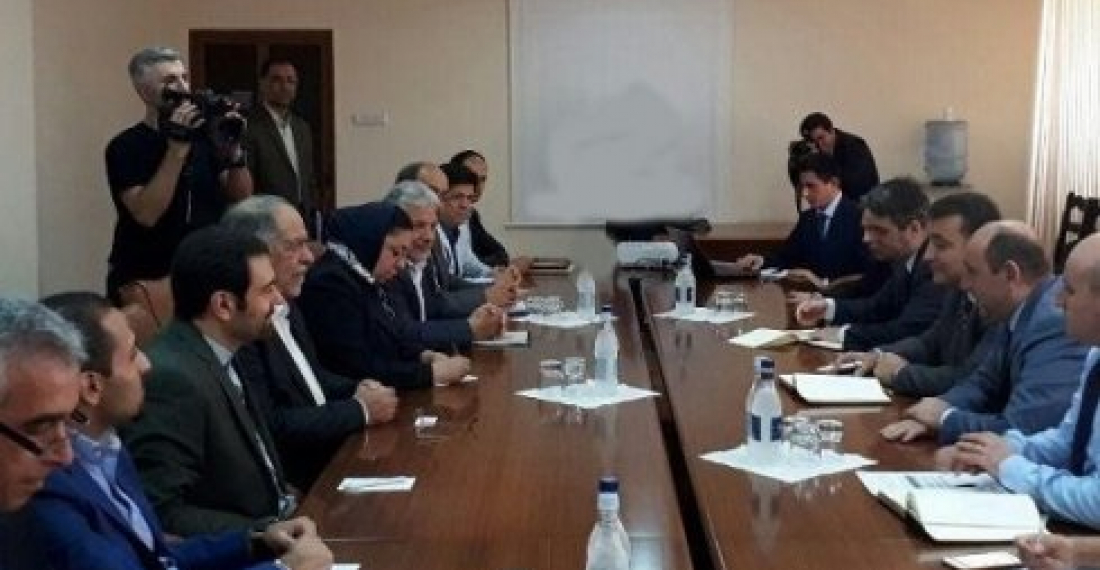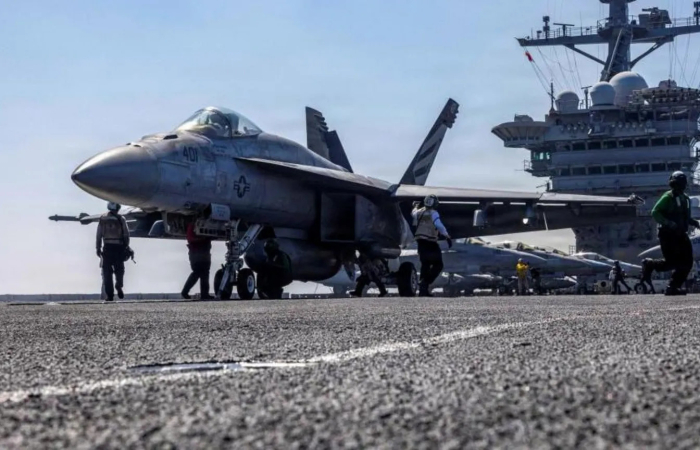In a meeting between Iranian President's Advisor Akbar Torkan and Armenian Minister of Economic Development and Investments Suren Karayan, the two sides discussed expansion of cooperation between their respective free trade zones (FTZs), according to a report by the Iranian news agency IRNA.
Torkan, who is also the secretary of Iran's Free Trade, Industrial and Special Economic Zones Council, said Armenia was Iran's bridge for transporting and exporting goods to Europe. The two countries can even export their jointly manufactured products to other countries, he said.
He also underlined the capability of Iranian contractors in developing free trade zones in Armenia, in case the required infrastructure is provided by the country's government.
The Armenian minister, for his part, said that his government has always paid particular attention to its economic and trade relations with Iran, adding that by manufacturing a wide range of products in their own free trade zones and exporting them to Europe, Iran and Armenia can renovate the region's economic relations.
The Iranian Ambassador to Yerevan Kazem Sajjadi was also present in the meeting.
Meanwhile it was announced in Yerevan that following the discussion the two sides also signed a memorandum of undersanding defining the main directions of cooperation between free trade areas in Armenia and Iran, in particular to ensure development of free trade areas of Meghri and Aras.
source: commonspace.eu with IRNA and other agencies
photo: Delegations of Armenia and Iran met in Yereavn this week to discuss co-operation between their free economic zones. (oicture courtesy of IRNA news agency)







